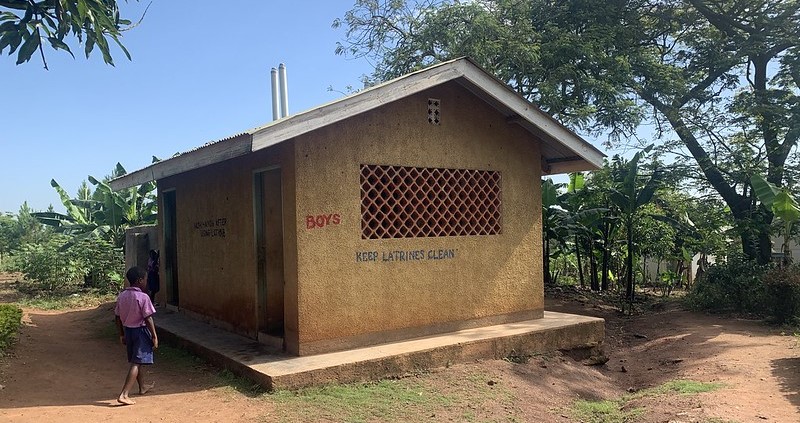Department Sanitation, Water and Solid Waste for Development
Measuring Institutional WASH Insecurity Experiences (INWISE) in Schools and Healthcare Facilities in Uganda

Current global metrics for tracking progress toward SDG 6 (“Ensure availability and sustainable management of water and sanitation for all”) often rely on observable phenomena, such as infrastructure availability and safely managed services. While essential, these indicators do not capture dimensions of WASH adequacy, including accessibility, acceptability, reliability, and use. To address this gap, Northwestern University developed the Water Insecurity Experiences (WISE) Scales, a set of simple questions assessing water availability, access, and psychological experiences at the household and individual levels. These scales allow to identify at-risk communities and evaluate the effectiveness of interventions.
SANDEC’s Water Supply and Treatment (WS+T) Group collaborates with Northwestern University to expand WISE Scales to institutions, additionally incorporating sanitation, hygiene, and solid waste management alongside water insecurity experiences. Northwestern University is leading the development and validation of the Institutional WASH Insecurity Experiences (INWISE) Scale, initiated with the Swiss Water and Sanitation Consortium in 2021. SANDEC contributes to this effort by collecting data to build the evidence base on WASH insecurity experiences in Ugandan schools and healthcare facilities. This work is done in collaboration with Makerere University as part of SANDEC’s WABES (Water, Behavior Change, and Environmental Sanitation) program, with support from SDC and the Hilton Foundation. Beyond testing INWISE, the study aims to understand WASH insecurities in schools and healthcare facilities in Ugandan small towns, compare INWISE with existing indicators like JMP, and explore how seasonality and source switching influence WASH insecurities.
Project timeline: 2024 - 2025
